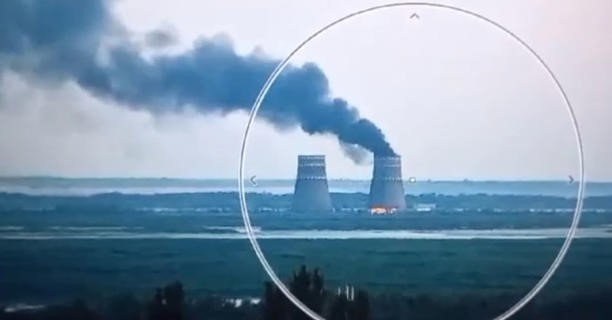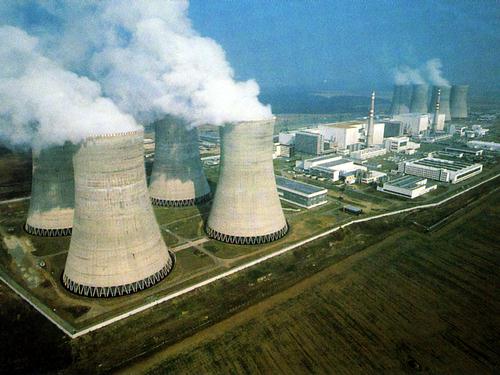Uganda is examining nuclear to diversify an energy mix currently based primarily on hydroelectricity. The Ugandan government has also expressed interest in using nuclear energy for medical and agricultural purposes.
IAEA review: Uganda invited the IAEA to conduct an Integrated Nuclear Infrastructure Review (INIR), which took place late in 2021. The INIR involved an expert review of “the status of infrastructure development as outlined for Phase I of the IAEA’s Milestones Approach.” This phase is described as the first of three phases used by the IAEA to guide a country in understanding and developing “a safe, secure, and sustainable nuclear power program.”
Recommendations: Aline des Cloizeaux, director of the Nuclear Power Division of the IAEA Department of Nuclear Energy, said, “The INIR mission concluded that the government of Uganda is committed to developing the required infrastructure for nuclear power in a coordinated approach with all concerned stakeholders.”
To assist Uganda in its continued development of nuclear infrastructure and help the government make an informed decision on whether to proceed with a full nuclear energy program, the INIR team offered a number of recommendations to the government, including “finalizing national policies to support the nuclear power program, strengthening plans to develop a national legal framework and join international legal instruments, and completing its studies to better prepare for the next phase of program implementation.”









